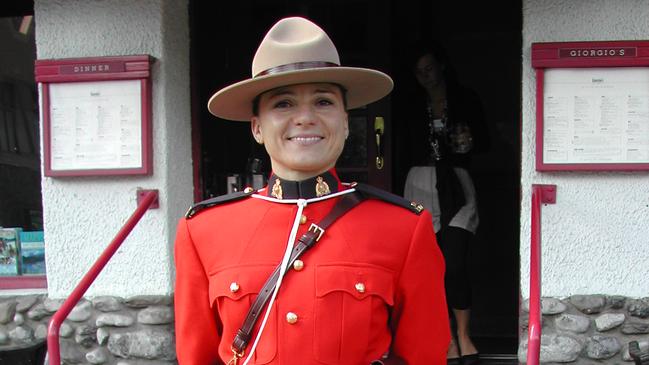Possession of hard drugs in Canada given reprieve in battle to save lives
Canada announced overnight on Tuesday the decriminalisation of hard drugs in small quantities in a British Columbia pilot project.

anada announced overnight on Tuesday the decriminalisation of hard drugs in small quantities in a British Columbia pilot project aiming to tame an opioid crisis that has killed thousands – by treating addictions rather than jailing users for possession.
Responding to a request by British Columbia, federal Mental Health and Addictions Minister Carolyn Bennett said an exemption from the criminal code to allow for personal possession of opioids, cocaine, methamphetamine and other hard drugs would kick in on January 31, 2023, and last three years.
Adults in the Pacific coast province will not face arrest or charges for possession of up to 2.5g of hard drugs, nor will their drugs be seized by police.
Instead users will be provided with information on how to access medical help for addictions.
“For too many years, the ideological opposition to harm reduction has cost lives,” Ms Bennett said.
“We are doing this to save lives, but also to give people using drugs their dignity and choices.”
Ms Bennett said the pilot could become “a template for other jurisdictions across Canada”.
Kennedy Stewart, the Mayor of Vancouver – the epicentre of the crisis – said the decision “marks a fundamental rethinking of drug policy that favours healthcare over handcuffs”.
Calling it a “historic, brave and groundbreaking step in the fight to save lives from the poisoned drug crisis”, he said it would also reduce petty crimes that often feed drug habits.
Several Canadian cities, including Montreal and Toronto, have signalled a desire for similar legal exemptions. The small leftist New Democratic Party was to unveil overnight on Wednesday a proposed Bill to decriminalise drug possession nationwide. It is expected to be defeated.
Ms Bennett stressed that the exemption granted to British Columbia “is not legalisation”. It will, however, make the province only the second jurisdiction in North America to decriminalise hard drugs after the US state of Oregon did so in November 2020. Oregon’s initiative has reportedly had mixed results as few people have taken up offers of addiction help.
British Columbia Addictions Minister Sheila Malcolmson said in November when it applied for the exemption the province was facing “an overdose crisis that’s causing a terrible loss of life”.
The pandemic compounded its impacts, she said on Tuesday.
“Shame and fear keep people from accessing the care that they need,” she said. “And the fear of being criminalised has led many people to hide their addiction and use drugs alone. And using alone can mean dying alone.”
Drug users say the amount of drugs allowed under the exemption is too small, as their daily consumption is far greater. Ms Bennett acknowledged this but said it was a starting point. She also said calls were growing for Ottawa to regulate a safe supply of hard drugs now often laced with toxic substances. But first evidence must be collected from the pilot to show the approach works.
Between January 2016 and last September, 26,690 people died of opioid overdoses across Canada In British Columbia, an estimated six people die each day from opioid-related drug poisoning.
AFP



To join the conversation, please log in. Don't have an account? Register
Join the conversation, you are commenting as Logout